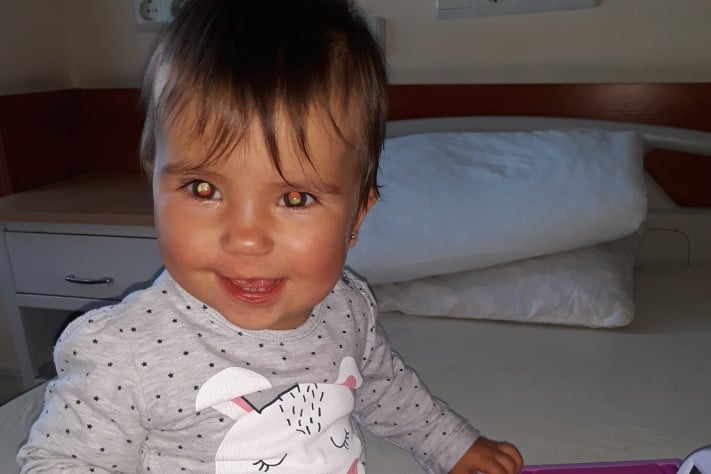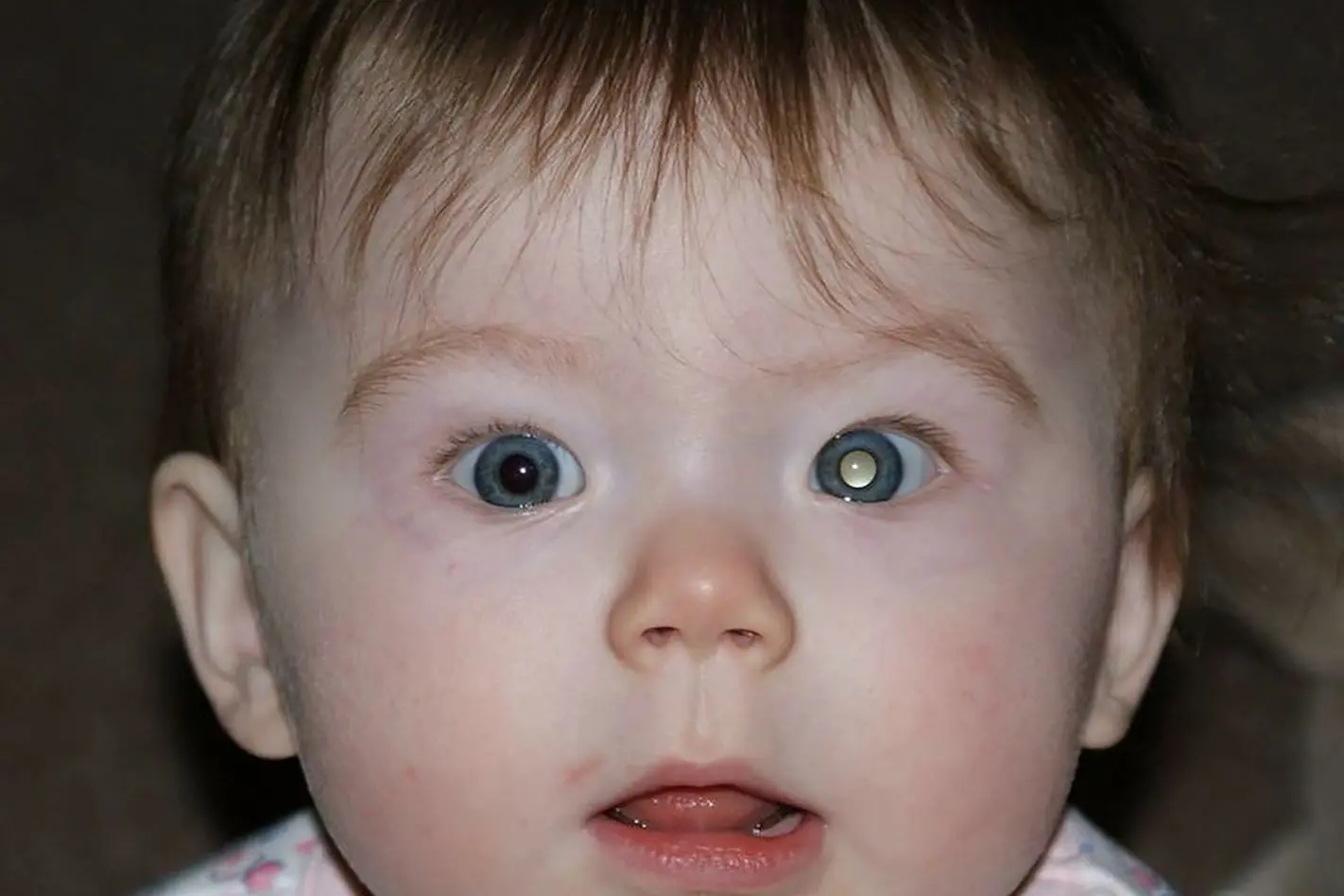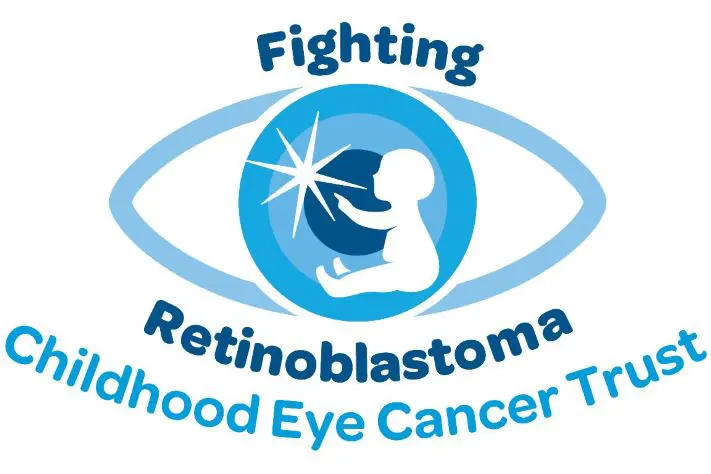In World Retinoblastoma Awareness Week (#RbWeek), iHV supports the Childhood Eye Cancer Trust (CHECT) to raise awareness of retinoblastoma.
Retinoblastoma is a rare eye cancer that affects babies and young children, mainly under the age of six. Around 40-50 cases are diagnosed a year in the UK – or one child a week. It represents 3% of all childhood cancers and 10% of cancers in babies under the age of one in the UK. 98% of children in the UK with retinoblastoma survive, but early diagnosis is crucial to save a child’s eyes, sight and life.

Photo credit: Childhood Eye Cancer Trust (CHECT)
Over one in ten (13%) parents of a child diagnosed with the rare eye cancer retinoblastoma (Rb) in 2022 consulted their health visitor in the first instance. Health visitors were the second most consulted professionals after GPs for parents with concerns about their baby’s eyes.
However, according to the annual survey from the Childhood Eye Cancer Trust (CHECT), less than 30% of these health visitors recognised that the child’s symptoms were a sign of this rare condition.
The main symptoms reported by parents of children diagnosed with retinoblastoma are:
- White glow seen in photos or in the eye itself – 77%
- New squint – 33%
- Change in colour of iris (coloured part of eye) – 9%
- Loss of vision – 8%
- Roaming eyes / child not focusing – 8%
- Redness or swelling without infection – 7%
- Absence of red eye in a photo – 1%
It’s important to note however that the symptoms are usually confined to the eye, and the child seems otherwise well in themselves, which can be misleading.
Richard Ashton, Chief Executive of the Childhood Eye Cancer Trust, said:
“Despite the extremely challenging environment many practitioners are working in currently, health visitors continue to play a hugely important role for parents of children this age. It’s important therefore that they are aware of the main signs of childhood eye cancer, and the appropriate action to take. This is why we have worked with the iHV to develop the Good Practice Points for retinoblastoma, and have a specific information on our website for health visitors at www.chect.org.uk/hv.”
Alison Morton, CEO of the Institute of Health Visiting, said:
“We are delighted to be working with the Childhood Eye Cancer Trust to raise awareness of the signs of retinoblastoma amongst health visitors and practitioners working in health visiting teams. Spotting the signs of this rare condition and ensuring that these children access the right treatment as soon as possible makes a big difference to their outcomes. It is therefore vitally important that all practitioners are able to spot these early signs and can ensure that families are supported with accurate information and advice.
“I encourage all practitioners to read our Good Practice Points resource which was developed in partnership with the Childhood Eye Cancer Trust and contains a wealth of information in an easy to access and quick read format.”
World Retinoblastoma Awareness Week takes place from 14-20 May 2023. Help CHECT to raise awareness with their downloadable resources.
For more information for health visitors on retinoblastoma, go to www.chect.org.uk/hv.





